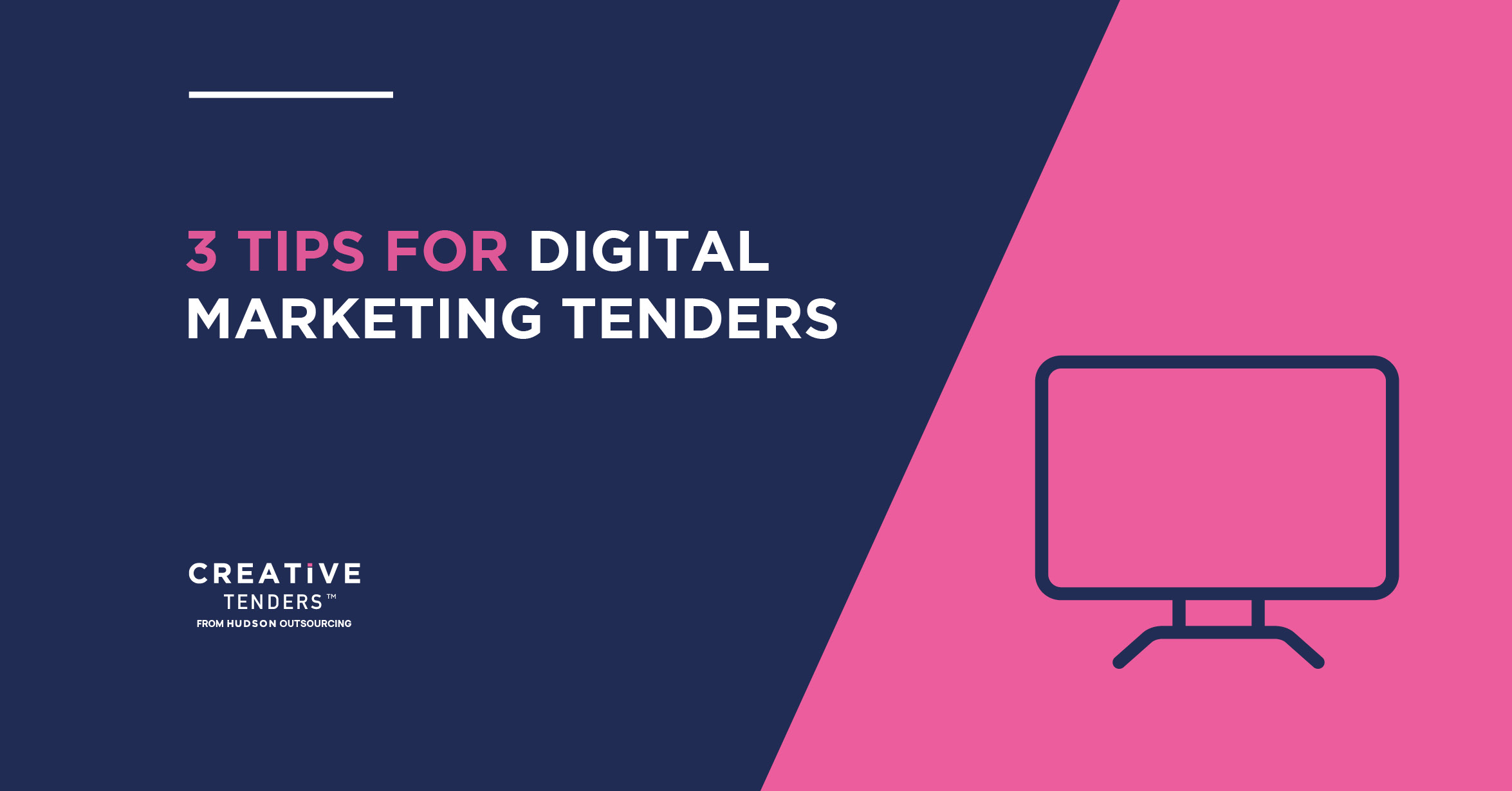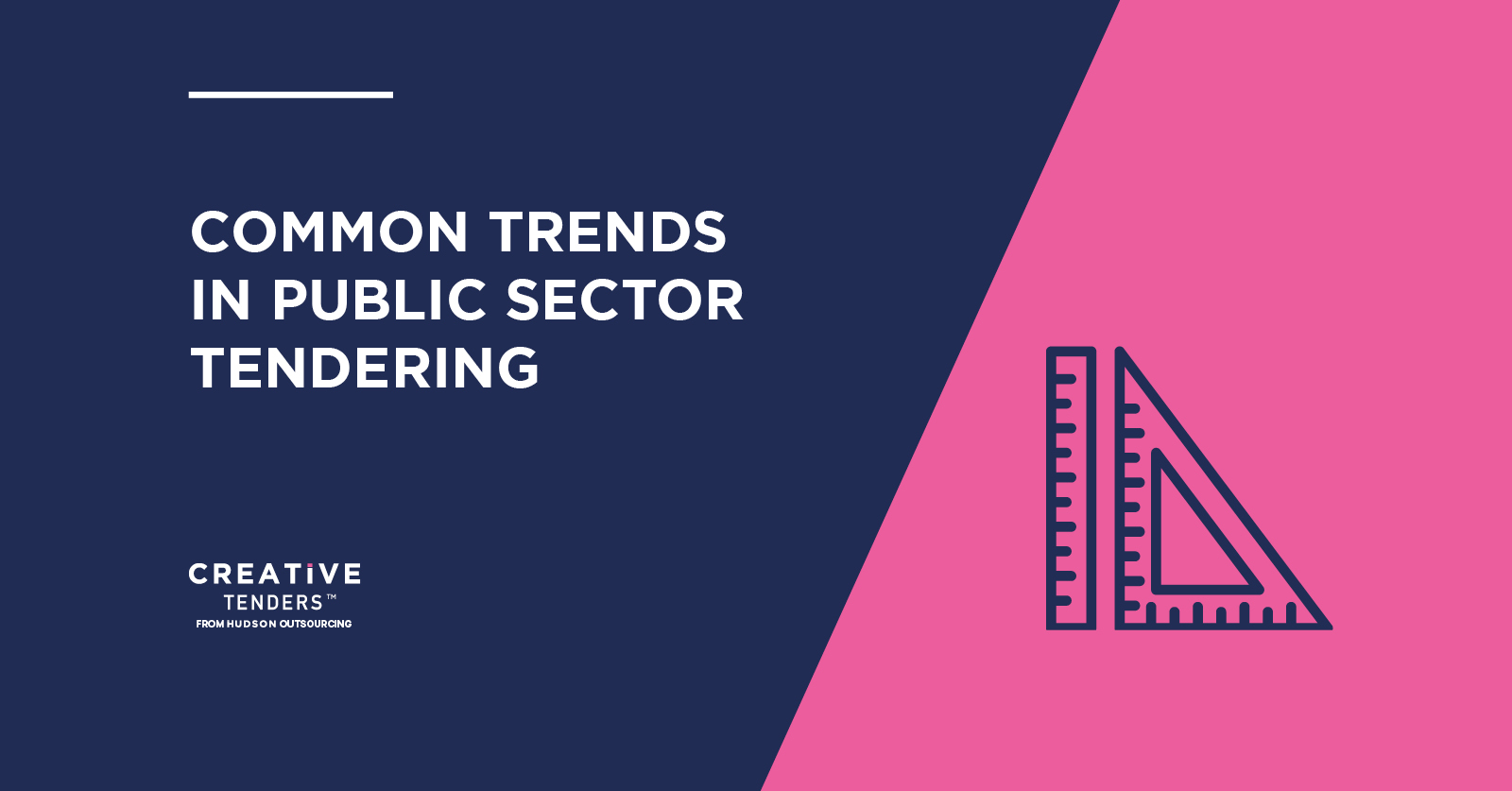For creative professionals and agencies, securing contracts through tenders is one of the best ways to ensure steady business growth. Whether you’re in PR, branding, advertising, video production, or design, winning tenders can provide high-value projects and long-term partnerships. However, navigating the tendering landscape can be challenging without the right tools and strategies.
Understanding where to find creative tenders in the UK and how to position your business for success is crucial. This guide will walk you through the best ways to uncover opportunities and provide actionable strategies to help you win contracts efficiently.
Why Tenders Matter for Creative Professionals
The creative sector is highly competitive, with businesses constantly looking for ways to secure new clients. Tenders offer a structured and transparent process for securing work, making them a reliable source of revenue. Key benefits of pursuing tenders include:
- Access to High-Value Contracts– Many organizations allocate significant budgets for creative services.
- Steady Work Pipeline– Winning a contract can lead to repeat business and ongoing collaboration.
- Credibility and Growth– Securing government and corporate tenders strengthens your business reputation.
- Competitive Edge– Bidding successfully ensures you’re staying ahead in your industry.
Now that we understand the importance of tenders, let’s explore how to find them effectively.
Where to Find Creative Tenders in the UK
Finding relevant tenders can be time-consuming, but using the right resources will simplify the process. Here are some of the best ways to locate creative tenders in the UK:
1. Use a Dedicated Tender Portal
One of the most efficient ways to find creative tenders is by using a dedicated platform that curates industry-specific opportunities. Platforms like Creative Tenders specialize in sourcing contracts tailored for PR, marketing, video production, and design professionals. These platforms provide:
- Daily Tender Alerts– Receive real-time updates on new opportunities.
- Sector-Specific Filtering– Quickly find relevant tenders without sifting through irrelevant listings.
- Bid Writing Support– Access expert guidance to enhance your proposals.
2. Check Government Procurement Portals
Many public sector organizations publish tenders on government portals. These include:
- Contracts Finder– Covers contracts valued at over £10,000.
- Find a Tender (FTS)– Lists high-value public sector opportunities.
- Local Authority Websites– Councils often advertise tenders directly on their procurement pages.
While these sources provide valuable opportunities, they can be difficult to navigate without industry-specific filters. Using a specialized tender platform can save you time and effort.
3. Monitor Corporate and Private Sector Opportunities
Many large corporations and private businesses issue tenders for creative services. Key strategies to uncover these opportunities include:
- Checking Company Websites– Many businesses post RFPs (Requests for Proposals) on their procurement pages.
- Networking at Industry Events– Attending trade shows and networking events can lead to private contract opportunities.
- Engaging on Social Media– Companies often announce tender opportunities on LinkedIn and Twitter.
4. Join Industry Associations and Professional Networks
Being part of industry organizations can give you access to exclusive tender opportunities. Consider joining:
- Chartered Institute of Public Relations (CIPR)– Great for PR professionals.
- Design Business Association (DBA)– Offers insights into design-related contracts.
- Advertising Association (AA)– Helps advertising agencies connect with potential clients.
These memberships often include networking opportunities, training sessions, and access to private-sector contracts.
5. Set Up Google Alerts for Tender Announcements
Google Alerts can notify you when new tenders are published online. Use keywords like:
- “PR tenders UK”
- “Branding contracts for agencies”
- “Video production RFPs UK”
While this method requires regular monitoring, it can help you stay ahead of industry opportunities.
Tips for Securing Creative Tenders
Finding tenders is only the first step. Winning them requires strategic planning and an effective proposal. Here’s how to increase your success rate:
1. Assess Opportunities Carefully
Not every tender will be a good fit for your business. Before bidding, consider:
- Project Scope– Do you have the resources and expertise to deliver?
- Budget Requirements– Is the contract financially viable?
- Competition Level– Are you well-positioned to win against other bidders?
2. Craft a Standout Proposal
Your proposal should clearly outline why you’re the best choice for the project. Key elements include:
- Tailored Solutions– Address the client’s specific needs.
- Strong Case Studies– Highlight successful past projects.
- Transparent Pricing– Provide a detailed cost breakdown.
- Compelling Visuals– Use design elements to make your bid visually appealing.
3. Build Relationships with Procurement Teams
Many tenders involve a pre-qualification stage where clients assess potential vendors before inviting full proposals. Establishing relationships with procurement teams through networking and outreach can increase your chances of being shortlisted.
4. Stay Organized with a Tender Tracking System
Managing multiple tenders can be challenging. Using a tracking system ensures you never miss a deadline. Platforms like Creative Tenders offer tools to:
- Track Deadlines and Requirements
- Store and Reuse Proposal Templates
- Manage Client Communications Efficiently
5. Continuously Improve Your Bidding Strategy
If you don’t win a contract, request feedback to refine your future bids. Analyzing past tenders and adjusting your approach will improve your success rate over time.
How Creative Tenders Simplifies the Process
Securing creative tenders can be time-consuming, but using a specialized platform can make the process seamless. Creative Tenders offers:
- Exclusive Access to High-Value Contracts– Stay ahead with real-time updates on new opportunities.
- Industry-Specific Filters– Quickly find relevant tenders without sifting through irrelevant listings.
- Expert Bid Writing Support– Enhance your proposals with guidance from experienced professionals.
- Time-Saving Tools– Automate tender tracking and management to streamline your workflow.
For creative professionals looking to scale their business, having a structured approach to tendering is essential. Creative Tenders provides a one-stop solution to help agencies and freelancers discover, track, and secure lucrative contracts in PR, advertising, video production, and design.
Conclusion
Finding and winning creative tenders in the UK requires a strategic approach, industry knowledge, and the right tools. By leveraging dedicated tender platforms, monitoring corporate and government procurement sources, and crafting compelling proposals, creative professionals can unlock significant business opportunities.
Using a service like Creative Tenders can simplify the process, ensuring that you stay ahead in the competitive creative sector. With access to exclusive contracts, industry-specific insights, and expert bidding support, you can focus on what you do best—delivering exceptional creative work.
Start optimizing your tendering strategy today and position your business for success in the UK’s thriving creative industry.











